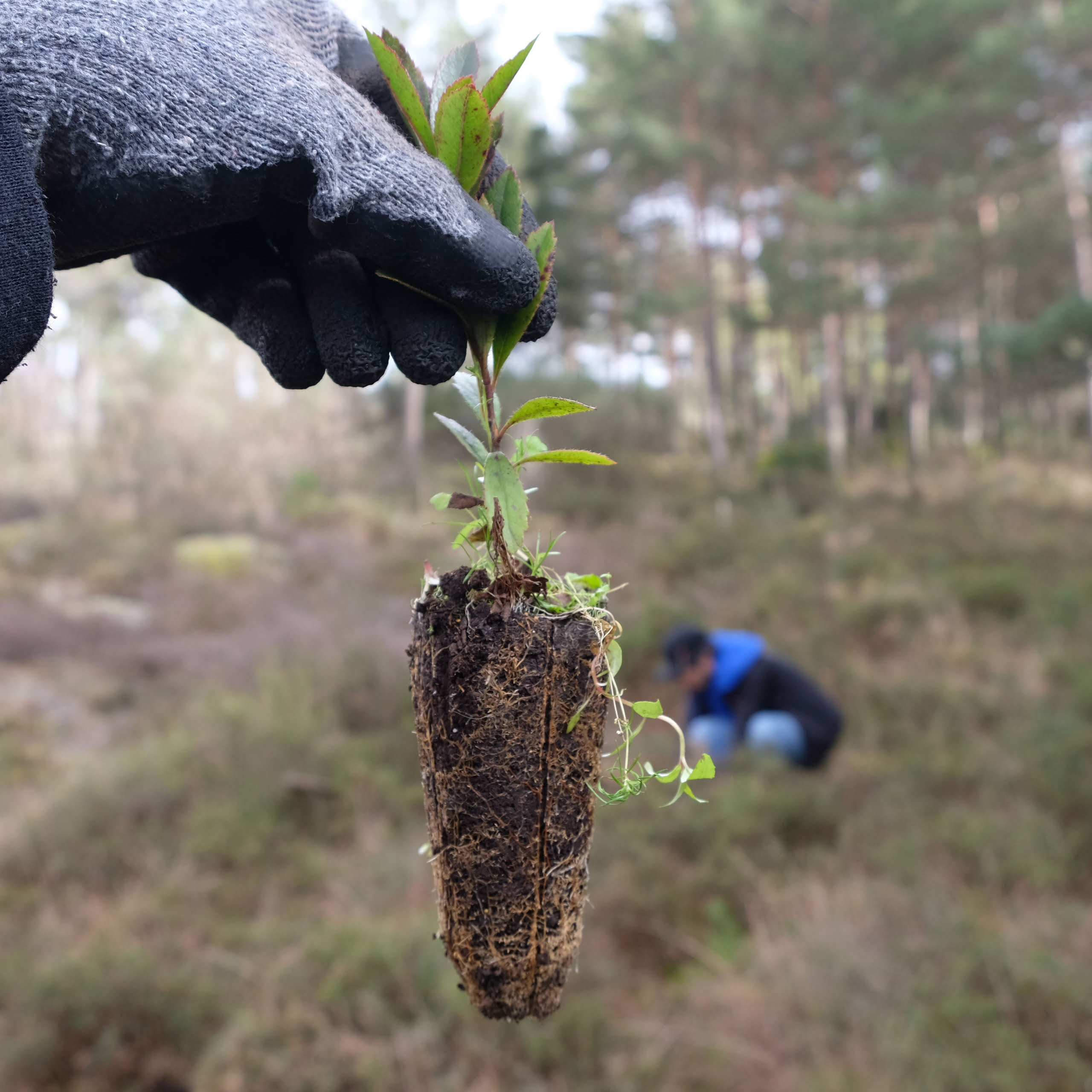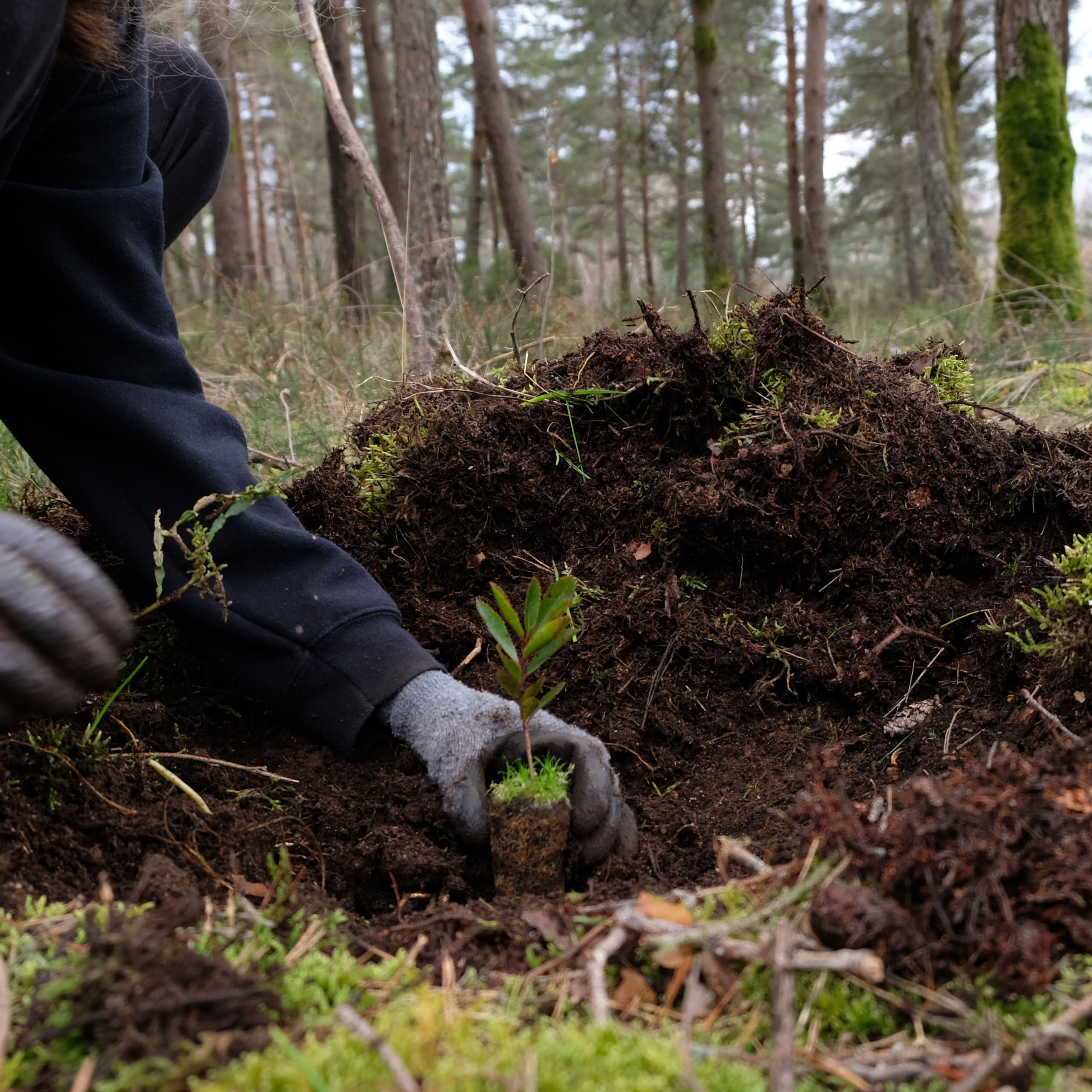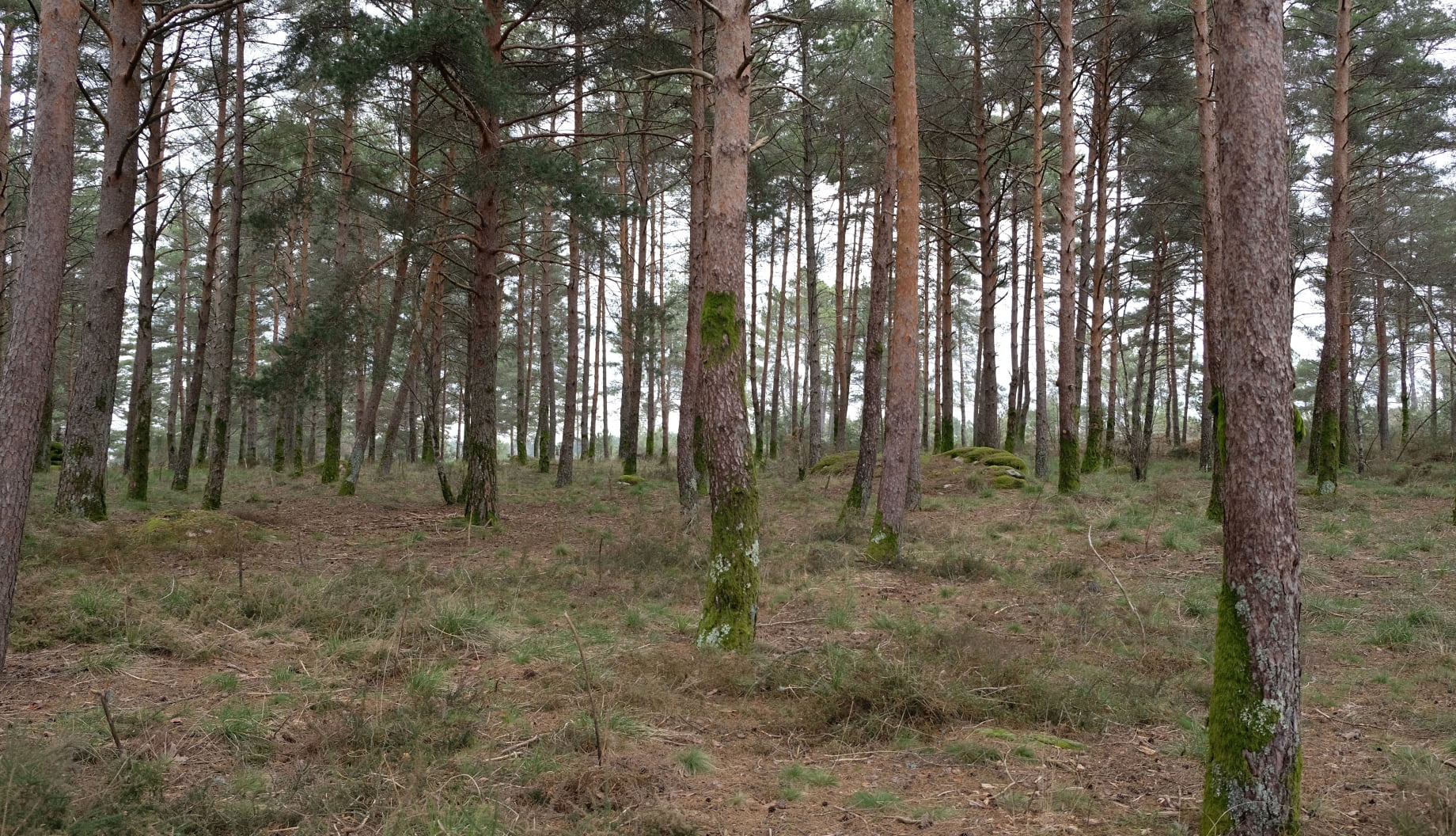Environmental economics: the transformation needed to sustain our planet
The right to a healthy environment is, in fact, the basis of all human rights. The lack of a healthy environment is one of the biggest causes of poverty and the biggest cause of mortality in the world. A reality that has become more acute as the effects of climate change become more impactful.
Dealing with this is not exactly a technological issue and the scientific community is unanimous in considering that the solution is available and accessible to all. The solution is, on the one hand, the conservation of ecosystems, biodiversity and forests. On the other hand, the restoration of ecosystems, the promotion of biodiversity and reforestation.
In this sense, the United Nations addresses this in the 2030 Agenda for Sustainable Development, highlighting Climate Action and Life in Water and on Land among the Sustainable Development Goals. In addition, the United Nations has also declared 2021-2030 as the Decade of Ecosystem Restoration.
The first step to be taken is to preserve the remaining pristine natural areas, as integral nature reserves, leaving them as they are, with nothing to be added, altered or replaced, totally free from human pressure, including visitation, allowing natural processes to follow their own path.
The second step would be to adapt natural parks to the challenges of climate change and human disturbances, areas where nature and man are side by side.
The third step would be to address the conflict of interests between man and nature, with the restoration of natural spaces, in particular, through the restitution of native forests.


Restitution of native forests would be a global solution and according to the study “The Global Potential for Forest Restoration”, published in Science, we now know that an area the size of the United States could be restored as forests with the potential to sequester almost 100 years of carbon emissions.
This report concluded that there is enough land suitable to increase the world’s forest cover by a third, without affecting existing cities or agriculture. However, the amount of suitable land area decreases as global temperatures rise.
There is no time to lose, but “humanity is at a crossroads”, as the United Nations Convention on Biological Diversity for the period 2011-2020 expressed at the end of the Decade of Biodiversity, with all 20 goals far from being achieved.
We know that facing this situation would save many lives and a lot of tax money that will cover the consequences of natural disasters, leaving us with the question of why we do not act globally.
In addition to denialist movements and lobbies, the central issue is that the cause-effect relationship tends to be very abstract for the common citizen, since the consequences are indirect. Added to this is the need for long-term continuous involvement and investment, not seen as profitable or of direct impact.
In this sense, the idea of an environmental economy emerges, a totally closed productive circle. Companies exploit natural resources, pollute and tend to leave behind many environmental problems, which tend to be solved by governments and, consequently, with taxpayers’ money. We need to close this circle. Companies must pay for the resources they exploit and the damage they introduce and leave behind, even if this means an increase in prices on consumers.
In this way, it would be possible to generate and sustain an environmental economy, based on ecological restoration, including the restoration of native forests and the promotion of new forests, which will provide a myriad of invaluable ecosystem services, in addition to the sequestration of carbon emissions.
An environmental economy is also a strong ally of a social economy, with the potential to generate many green jobs, linked to ecosystem restoration and reforestation, particularly in economically and socially depressed areas, with science leading economies and enabling a shift to a more equitable society, while implementing effective climate action.
We may think that this is a mission of governments, but we must recognize that global changes are the result of individual changes. Governments and companies will only accept any change if we, as individuals, demand change and unite in those changes, as we have seen with the Global Climate Strike movement.
There are many organizations, from nature conservation to the circular economy, through environmental activism, that are an opportunity for direct involvement, as there are companies that embrace the change that we can privilege, giving strength to such models.
In this sense, not only Plantar Uma Árvore – Associação gives the opportunity to ordinary citizens, but also to schools, social institutions and companies, to engage in practical work, but also to work in cooperation with public and private entities, such as Aquela Kombucha, which have adopted this business model.
You too are summoned! Act now, plant a tree! After all, we are what we do!
Miguel Teles has been leading the Plantar Uma Árvore – Associação project for 12 years, which aims to involve the community through short and long-term volunteer programs, for the recovery of ecologically degraded areas, through the restitution of native forests.













